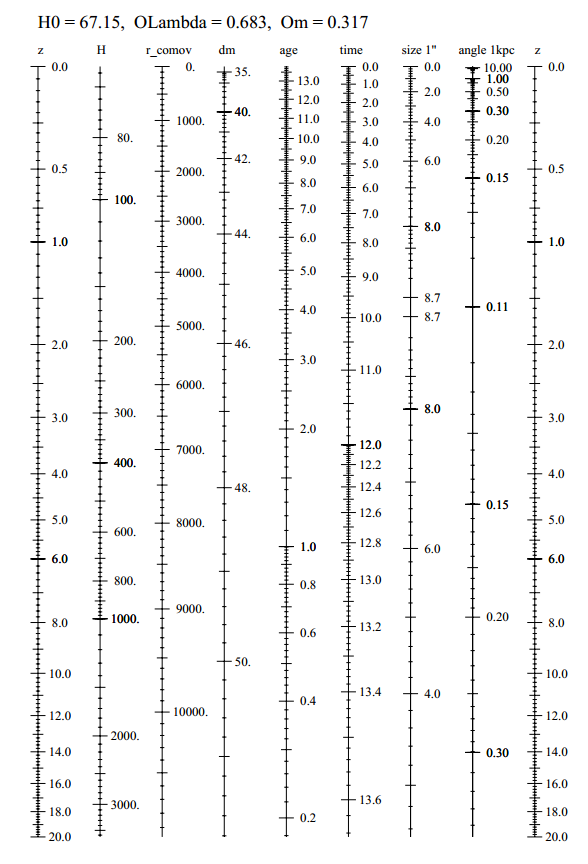- Why Tesla Survived and Fisker Won’t
Tesla’s innovations in batteries give it an edge that Fisker, focused on design, lacks.
Fisker Automotive and Tesla Motors, two startups founded to make battery-powered cars, are both in the news, but for very different reasons. Tesla Motors recently announced that it is selling cars faster than it expected, which the automaker says will make the first quarter of 2013 its first profitable quarter ever. Fisker Automotive, in contrast, has furloughed workers to cut costs and is reportedly close to bankruptcy.
- Now You See It, Now You Don’t: Disappearing Messages Are Everywhere
- The Internet is Growing More Dangerous. But Does Anyone Care?
Bruce Schneier says “we as a society are heading down a dangerous path”
Whenever I start pursuing a story about a technology that purports to make the Internet more secure, or about a privacy-protecting measure that an Internet company is promoting, I try to check in with the cryptologist and security expect Bruce Schneier. It’s always a good day when Schneier gets back to you–but what he says is usually sobering.
- A Facebook Phone Cometh? We'll Find Out Tomorrow
Facebook will announce its ‘New Home on Android’ tomorrow, and we’ll be updating live from Menlo Park.
Facebook is slated to make an Android-related announcement tomorrow at its Menlo Park, California headquarters, which is expected to include a partnership with a phone manufacturer to deeply integrate the social network on a smartphone. Whatever the news, we’ll bring you all the details here as they unfold live.
- Device Finds Stray Cancer Cells in Patients’ Blood
A microfluidic device that captures circulating tumor cells could give doctors a noninvasive way to diagnose and track cancers.
Doctors typically diagnose cancer via a biopsy, which can be invasive and expensive. A better way to diagnose the disease would be to detect telltale tumor cells floating in the bloodstream, but such a test has proved difficult to develop because stray cancer cells are rare, and it’s difficult to separate them from the mélange of cells in circulation.
Digest powered by RSS Digest







